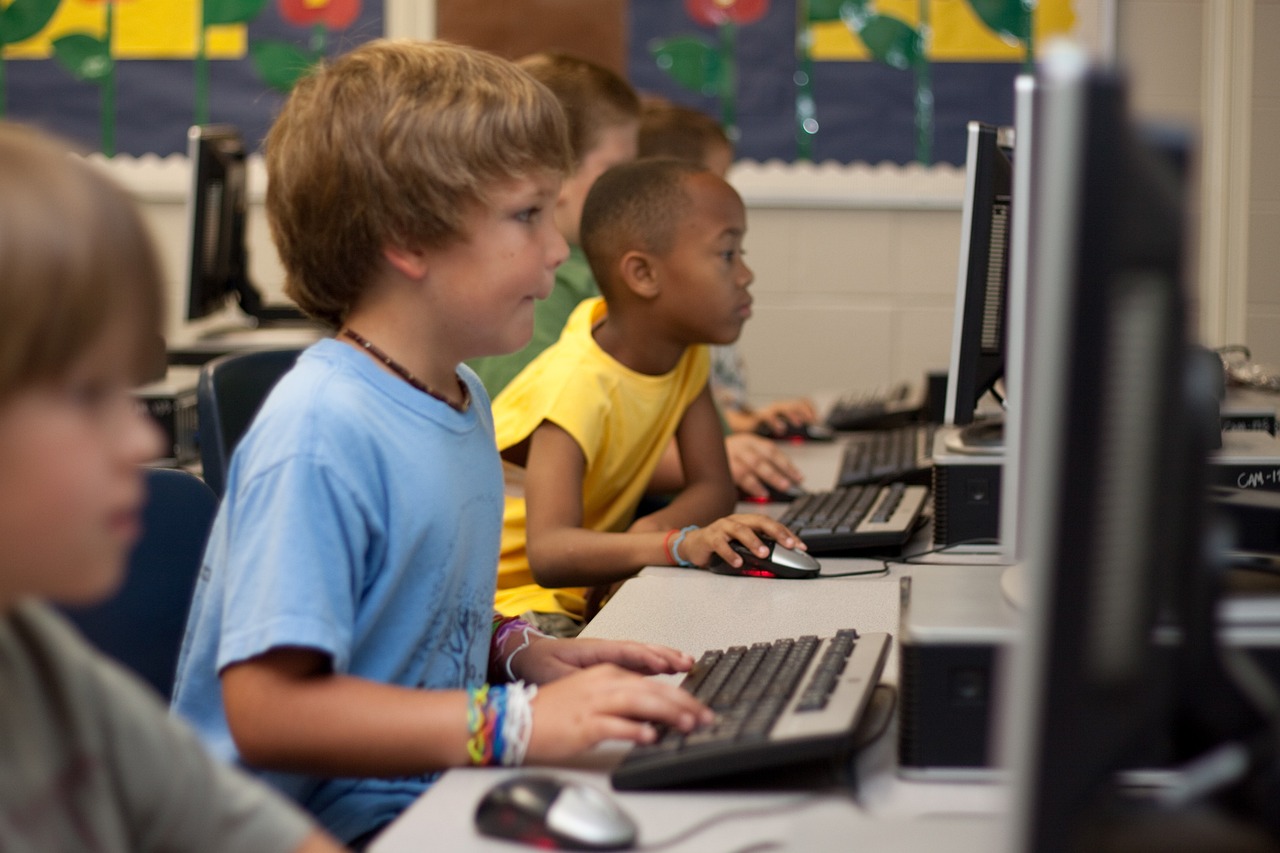Addressing the Mental Health Impact of Foster Care Placement Changes on Students
Foster care placement changes can have a profound emotional impact on students. The uncertainty and instability that come with moving from one placement to another can trigger feelings of fear, anxiety, and loss in these vulnerable young individuals. Such disruptions can disrupt their sense of security and belonging, leading to feelings of instability and unsteadiness in their lives.
The constant upheaval and unpredictability of foster care transitions can also affect the emotional well-being of students. Many students may experience feelings of grief and abandonment as they are forced to leave behind familiar environments, routines, and connections with caregivers. These emotional challenges can manifest in various ways, such as difficulty in forming trusting relationships, academic struggles, and behavioral issues.
Students in foster care may experience feelings of fear, anxiety, and loss during placement changes
Uncertainty and instability can disrupt their sense of security and belonging
Emotional challenges like grief and abandonment can impact their well-being
Difficulty forming trusting relationships, academic struggles, and behavioral issues may arise as a result
Understanding the Psychological Impact of Foster Care Transitions
Foster care transitions can have a profound psychological impact on students, affecting their sense of stability, identity, and overall well-being. The experience of moving from one placement to another can lead to feelings of loss, abandonment, and a lack of control over their own lives.
Students facing foster care transitions may struggle with trust issues, attachment difficulties, and challenges in forming healthy relationships with peers and adults. The uncertainty and unpredictability of their living situations can result in heightened levels of anxiety, depression, and emotional distress.
Coping Strategies for Students Facing Foster Care Moves
One important coping strategy for students experiencing foster care moves is to maintain open lines of communication with trusted adults. Having a reliable person to talk to about their feelings and concerns can provide much-needed support during these difficult transitions. This can help students process their emotions and feel more secure during times of change.
Additionally, encouraging students to engage in activities that bring them joy and relaxation can help alleviate some of the stress associated with foster care moves. Whether it’s spending time with friends, pursuing a hobby, or simply taking a moment to unwind, finding moments of peace and happiness can be essential for students navigating the challenges of changing placements. By prioritizing self-care and seeking out sources of personal fulfillment, students can better cope with the upheaval that comes with foster care transitions.
How do frequent foster care moves impact students emotionally?
The constant upheaval and instability of moving between foster care placements can lead to feelings of loss, abandonment, and a lack of belonging for students.
What are some common emotional reactions students may have to foster care placement changes?
Students facing foster care moves may experience anxiety, depression, anger, and difficulty forming trusting relationships as a result of the instability in their lives.
How can students cope with the emotional toll of foster care transitions?
Some coping strategies for students facing foster care moves include seeking support from trusted adults, practicing self-care activities such as mindfulness or journaling, and maintaining a routine to provide a sense of stability.
What can schools do to support students experiencing foster care placement changes?
Schools can provide additional resources such as counseling services, academic support, and regular check-ins with students to help them navigate the challenges of foster care transitions.
How can foster care placement changes impact a student’s academic performance?
The stress and uncertainty of foster care moves can disrupt a student’s ability to focus on their studies, leading to a decline in academic performance and potentially impacting their long-term educational outcomes.







